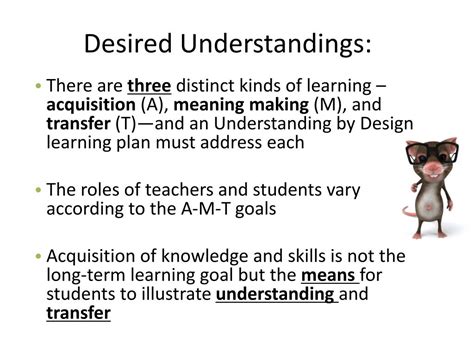Understanding the Silent Killer: Relationship Resentment
Resentment is a slow-burning fire in a relationship. It doesn’t usually erupt suddenly but rather smolders over time, fueled by unaddressed issues, unmet expectations, and a perceived imbalance. For men, recognizing and proactively preventing its build-up is crucial for the long-term health and happiness of their partnerships. It requires more than just good intentions; it demands consistent effort, self-awareness, and effective communication strategies.
1. Master the Art of Open and Honest Communication
One of the most potent weapons against resentment is clear and consistent communication. Men should strive to express their needs, feelings, and concerns early and often, rather than letting them fester. This means being vulnerable, sharing what’s on your mind without waiting for an argument, and actively listening when your partner speaks. Create a safe space where both parties feel heard and understood.

2. Fairly Divide the Labor and Mental Load
Resentment often stems from an imbalanced division of labor, both physical and mental. Beyond just sharing chores, men need to actively participate in and take responsibility for the ‘mental load’ – the planning, organizing, and remembering that keeps a household running. Regularly discuss expectations around household tasks, childcare, and planning, ensuring that contributions are equitable and appreciated by both partners.
3. Cultivate Appreciation and Validation
It’s easy to take a long-term partner for granted. Proactive prevention means regularly expressing gratitude and validating your partner’s efforts and feelings. Simple ‘thank yous,’ acknowledging their hard work, or empathizing with their stress can go a long way. Make an active effort to notice and verbalize what you appreciate about them, fostering an atmosphere of mutual respect and admiration.

4. Prioritize Quality Time and Emotional Connection
Life gets busy, but neglecting dedicated quality time can erode emotional intimacy, paving the way for resentment. Men should proactively schedule and protect time for genuine connection – not just co-existing, but truly engaging. This could be regular date nights, shared hobbies, or simply setting aside time for deep conversations without distractions. Reconnect regularly on an emotional level to ensure both partners feel valued and prioritized.
5. Address Issues Promptly and Constructively
Small annoyances, when left unaddressed, accumulate into significant grievances. Men should practice bringing up minor issues or disagreements as they arise, in a calm and constructive manner. Avoid stonewalling or letting things slide until they explode. Focus on problem-solving together, understanding your partner’s perspective, and finding common ground. Early intervention prevents these minor irritations from becoming major sources of resentment.

6. Practice Self-Awareness and Personal Growth
Preventing resentment also involves introspection. Men should cultivate self-awareness to understand their own triggers, biases, and unhelpful patterns. Are you quick to criticize? Do you avoid difficult conversations? Taking responsibility for your own emotional landscape and committing to personal growth demonstrates a commitment to the relationship’s health. This self-improvement benefits both you and your partner.

7. Embrace Empathy and Perspective-Taking
Often, resentment builds because one partner feels misunderstood or unheard. Men can proactively combat this by actively practicing empathy. Try to put yourself in your partner’s shoes, consider their daily stresses, and understand their reactions from their point of view. Ask open-ended questions like, “How does that make you feel?” or “What do you need from me right now?” A genuine effort to understand fosters connection and reduces feelings of being dismissed.

Conclusion
Preventing relationship resentment is an ongoing, proactive endeavor, not a one-time fix. It requires consistent effort from men to communicate openly, share responsibilities fairly, express appreciation, prioritize connection, and address issues as they arise. By committing to these strategies, men can foster relationships built on mutual respect, understanding, and love, significantly reducing the chances of resentment taking root and flourishing.




